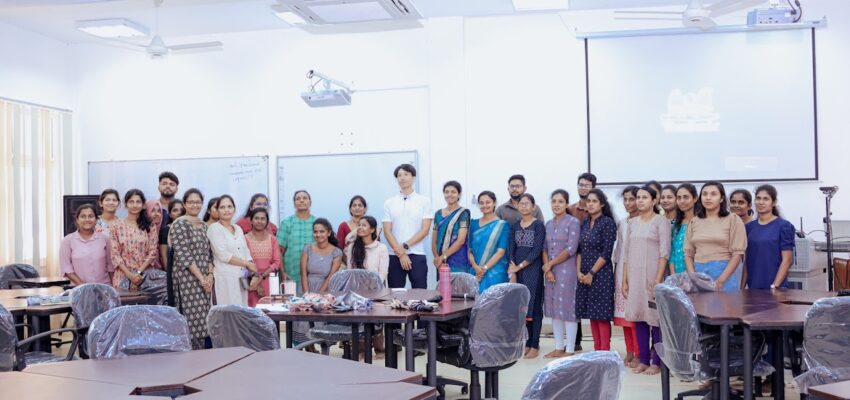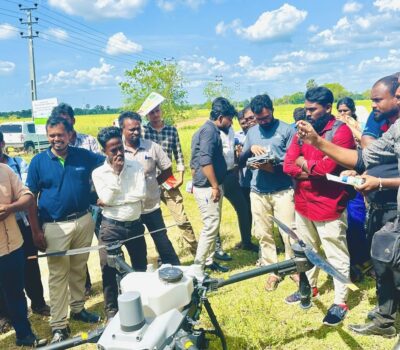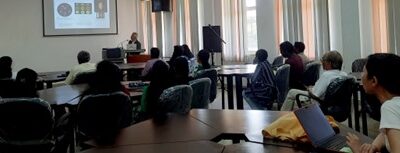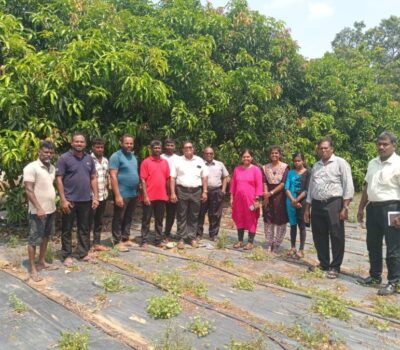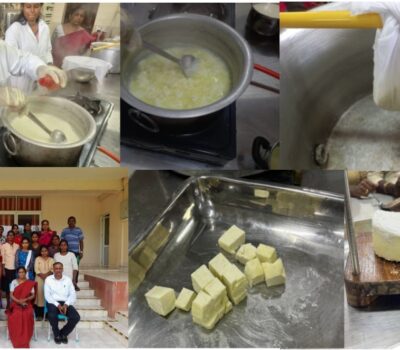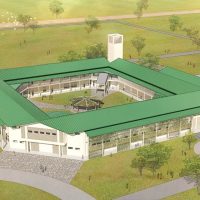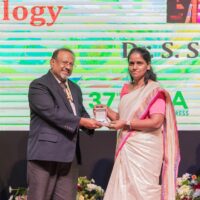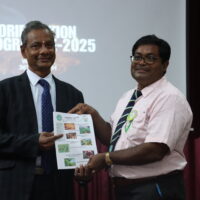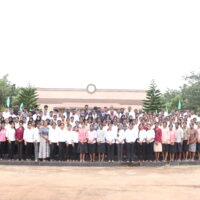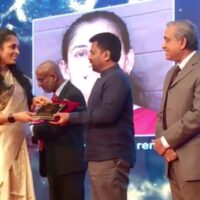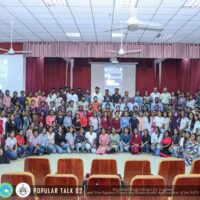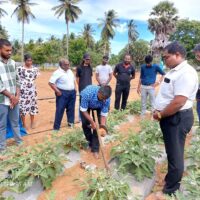Date: September 9, 2024
Location: Provincial Office, Northern Province
Conducted by: Professor Yashiro Morita, Kyushu University, Japan and Dr (Mrs) S.Piratheepan
Participants: Provincial Director, Deputy Directors, Veterinary Surgeons, and Staff from the Department of Animal Production and Health
Introduction
On September 9, 2024, a significant event took place at the Provincial Office in Northern Province, where Professor Yashiro Morita from the Khyushu University, conducted an informative session on Real-Time PCR (Polymerase Chain Reaction). The purpose of the demonstration was to illustrate the application of this advanced molecular technique for the detection of pathogens in Livestock and other biological samples.
Objectives
Educate Participants: To provide an understanding of Real-Time PCR and its relevance in pathogen detection.
Demonstrate the Technique: To showcase the practical steps involved in conducting Real- Time PCR.
Discuss Applications: To explore the implications of this technology in enhancing animal and plant health management.
Overview of Real-Time PCR
Professor Morita began the session with an introduction to Real-Time PCR, highlighting its ability to amplify and quantify specific DNA sequences in real-time. He explained the components necessary for the reaction, including: DNA Template: Source of genetic material.
Primers of specified pathogen: Short sequences designed to bind to specific DNA targets.
Fluorescent Probes: Used to monitor the amplification process.
PCR Master Mix: Contains all necessary reagents for the reaction.
Demonstration Procedure
Sample Preparation
Participants were shown the importance of sample collection and DNA extraction.
Setting Up the Reaction
The professor demonstrated how to prepare the PCR reaction mixture, which included adding the DNA template, primers, probe, and PCR master mix into PCR tubes.
Amplification Process
Participants observed as the prepared samples were placed in the Real-Time PCR machine.
Professor Morita explained the temperature cycles involved in the process Monitoring and Analysis
As the PCR process progressed, the machine's real-time monitoring capability was demonstrated, allowing participants to see how fluorescence increased with DNA amplification. Professor Morita guided the audience through analyzing amplification curves and interpreting threshold cycle (Ct) values.
Applications Discussed and field disease survey/monitoring
The session concluded with a discussion by Dr (Mrs)S.Piratheepan on the applications of
Real-Time PCR, including:
Veterinary Medicine: Quick diagnosis of infections in livestock.
Plant Pathology: Early detection of plant diseases to mitigate losses.
Environmental Testing: Identifying microbial contamination in ecosystems.
Also Dr (Mrs)S.Piratheepan mentioned the successful detection of brucellosis and Leptospirosis of cattle farms in Kilinochchi district, practical application and handling and maintenance of the machine.
Conclusion
The event successfully provided valuable insights into the use of Real-Time PCR for pathogen detection. Participants left with a deeper understanding of the technique and its potential applications in improving animal and plant health management. Professor Morita’s expertise and hands-on demonstration were highly appreciated, and the engagement of provincial officials and veterinary surgeons underscored the importance of adopting such advanced technologies in the field. They plan to buy Real time mobile PCR machine for them.
ntroduction and Demonstration of Real-Time PCR for Pathogen detection of Plant, Animal and genetic materials on biological samples
Date: September 12, 2024
Location: IT Unit, Faculty of Agriculture
Conducted by: Professor Yashiro Morita, Kyushu University, Japan
Participants: Academic staff, including lecturers, assistant lecturers, and demonstrators from the Faculty of Agriculture
Introduction
On September 12, 2024, a workshop focused on the application of real-time PCR (Polymerase Chain Reaction) for the detection of plant and animal pathogens was conducted at the IT Unit of the Faculty of Agriculture. The session was organized by Faculty research board and led by Professor Yashiro Morita from Kyushu University, who shared his expertise on utilizing simple, mobile PCR machines for genetic material analysis.
Objectives
The main objectives of the workshop were to:
1. Introduce the principles of real-time PCR and its applications in agriculture.
2. Demonstrate the use of mobile PCR technology for pathogen detection.
3. Practical possibilities of Real time PCR in fields.
Overview
Session Structure
The session comprised lecture and demonstration
Introduction to PCR Technology:
Overview of molecular biology and the role of PCR in pathogen detection.
Explanation of real-time PCR and its advantages over traditional PCR methods.
Applications in Agriculture:
Discussion on various plant and animal pathogens, including viruses, bacteria, and fungi.
Case studies illustrating successful detection of these pathogens using PCR.
Demonstration of Mobile Real time PCR Machines:
Live demonstration of the operation of a mobile PCR machine, highlighting its portability and ease of use.
Outcome
Effectiveness of Real-Time PCR: The technology proved to be a rapid and reliable method for detecting pathogens, providing results in real-time.
Portability Benefits: The mobile PCR machine allowed for field-based testing, making it easier to conduct research and diagnostics in remote locations.
Skill Development: Participants reported increased confidence in performing PCR assays and interpreting the data generated.
Conclusion
The session led by Professor Yashiro Morita was a significant step in enhancing the capabilities of faculty members to use real-time PCR.

